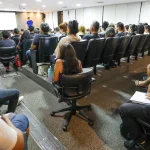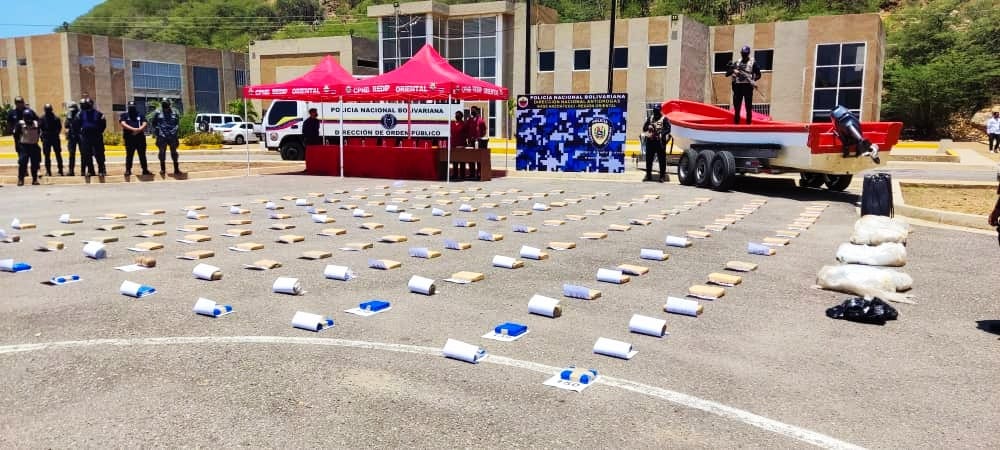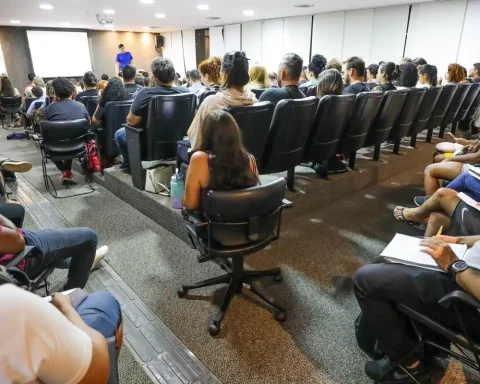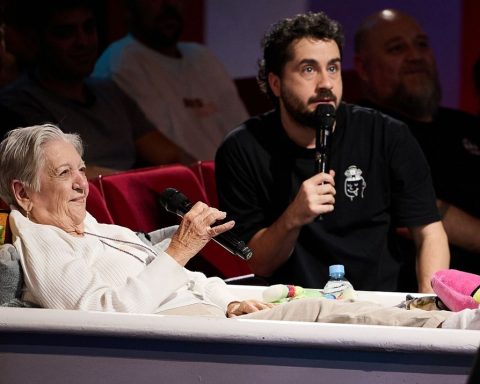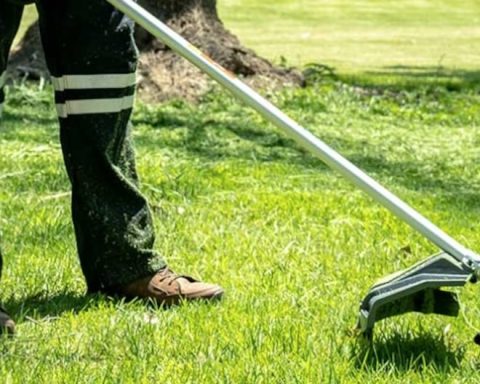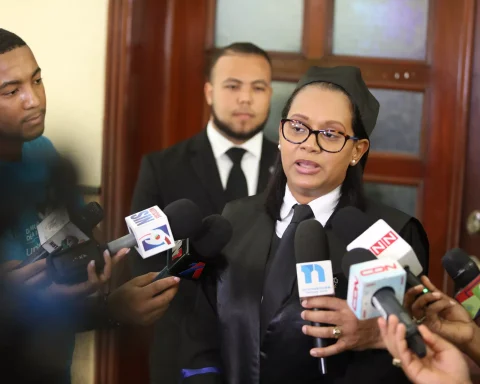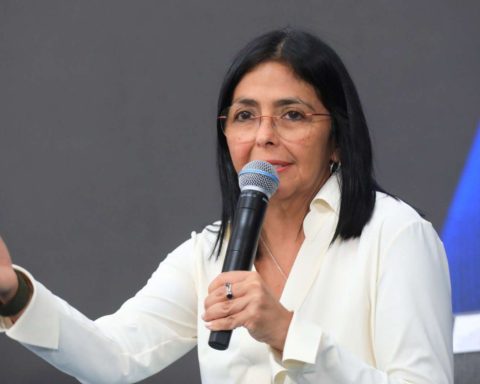Jessica Xanthomilla and Carolina Gomez
Newspaper La Jornada
Wednesday, March 23, 2022, p. 4
The director of the National Water Commission (Conagua), Germán Martínez, argued that one should not give in to the idea that future conflicts will be over the vital liquid, for which he called for all users to share the water resource. in a sustainable way, while academics and activists warned that in Mexico there is inadequate water management, as part of a scenario that harms women in a special way.
In a message on the occasion of World Water Day, from the Lago de Texcoco ecological park, accompanied by the head of the Environment and Natural Resources Secretariat (Semarnat), María Luisa Albores, Martínez said that the event is a opportunity to call society to become aware of the correct use of the liquid
.
Without presenting a diagnosis of the conflicts over this issue in the country, the official warned that there are more and more of us and fresh water remains the same
while adding that in the country the reserves have been reduced, it is more difficult and expensive to access them, which generates pressures on the budget we have
.
For their part, specialists in water resources issues agreed during a discussion that the lack of a new general water law has caused the country to have 30 years with a rule that prevents the vital liquid from being protected and that violates the rights of the population.
Octavio Rosas Landa, an academic from the Faculty of Economics at UNAM, stressed that the 1992 national water law was created so that water resources became the lubricant of business
to generate privileges, hoarding in a few hands and crimes that remain unpunished
.
An example of this, he mentioned, is that 10 percent of the water concessions for agricultural use monopolize more than 45 percent of the liquid for this purpose throughout the country. The situation of the resource for industrial use it’s even worse
since 10 percent of the users concentrate almost 60 percent of the liquid for said activity.
For her part, Claudia Gómez Godoy, from the Legal Clinic for Environmental Justice, asserted that the context of pollution, hoarding, climate change and recently the covid-19 pandemic, warn of the urgency of renewing the legal framework in this matter, from the perspective of human rights and sustainability of ecosystems
.
In another seminar on the occasion of World Water Day, members of ecofeminist groups pointed out that both defense, access and decision-making around the liquid are mediated by unequal power relations between men and women and that there is a close relationship between property and access to water, in which women are also disadvantaged.
Angélica Schenerock, coordinator of Water and life: women, rights and environment, indicated that in the struggle and defense of the resource that takes place in mixed spaces they have been harassed and undervalued, which has led many activists to leave these groups.






